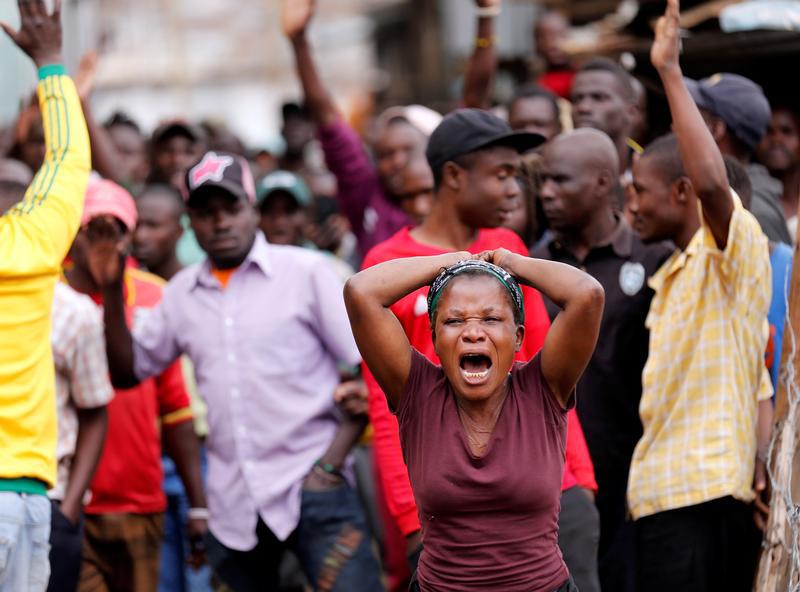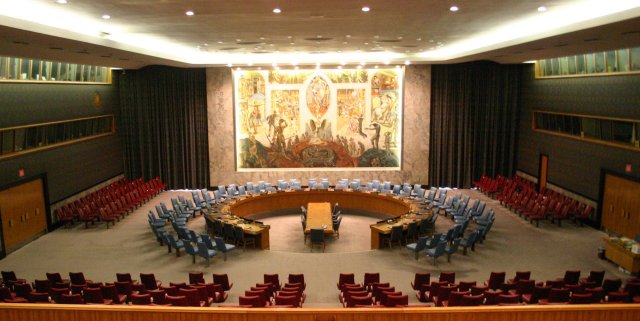By: Adam King
Impunity Rights News Reporter, Africa

NAIROBI, Kenya – A new report released on October 15, 2017 details numerous instances of violence by the Kenyan police directed towards election protesters. The report is comprised of the joint efforts of Human Rights Watch and Amnesty International. Some of the notable highlights from the report are how many people have died or have been injured by the police,
“At least 33 people were killed in Nairobi alone, most of them as a result of action by the police …Twenty-three, including children, appear to have been shot or beaten to death by police. Others were killed by tear gas and pepper spray fired at close range or trampled by fleeing crowds, and two died of trauma from shock. Two others were stoned by mobs…the national death toll could be as high as 67.”
The type of violence varied greatly, “Hundreds of residents have suffered severe injuries including gunshot wounds, debilitating injuries such as broken bones and extensive bruising as a result of the police violence.”
Violence has continued to grip the country since the results of the election were invalidated by the Kenya Supreme Court. The election was supposed to take place on October 26, 2017, but the likelihood of that action is now in question given the withdrawal of the challenger, Raila Odinga.
The report interviewed 100 plus people in its investigation. Protestors were not the only group who faced pressure from police forces. Journalists and reporters who were following the demonstrations faced instances of pressure from police,
“Police in these neighborhoods also tried to prevent journalists and human rights activists from reporting the violations, the two organizations found. In one case, in Kibera, a police officer smashed a foreign journalist’s camera when he tried to photograph police beating a youth leader. Police also beat up a local activist and smashed his camera when he tried to film them in Mathare.”
The report has been refuted by officials from the Kenyan police, citing instances of inaccuracy and embellishment with some of the claims according to spokesperson George Kinoti,
“The National Police Service attention has been drawn to a sensational report by Amnesty International alleging that 33 people were killed in the immediate post August poll period… We wish to refute the claims as totally misleading and based on falsehoods. We are studying the report and will issue a comprehensive report later.”
These allegations of violence at the hands of Kenyan police comes on the heels of other accusations of violence by the International Criminal Court over the past decade,
“The service had been indicted in the 2007-08 post-election violence, with its then commander Mohammed Ali facing crimes against humanity at the International Criminal Court (ICC). In 2013, under the command of David Kimaiyo and his deputy Grace Kaindi, the police service operated independently, knowing its every move was being watched.”
These accusations over the years could be representative of a larger cultural problem of violence towards citizens as a means of policing.
For more information, please see:
The Standard — ‘Police brutality rears ugly head again’ — 22 October 2017
AllAfrica — ‘Kenya: Police Deny Killing 33 in Nairobi During Anti-IEBC Demos’ — 16 October 2017
Human Rights Watch —‘Kill Those Criminals: Security Forces Violations in Kenya’s August 2017 Elections’ — 15 October 2017
Human Rights Watch — ‘Kenya: Police Killed, Beat Post-Election Protesters’ — 15 October 2017



